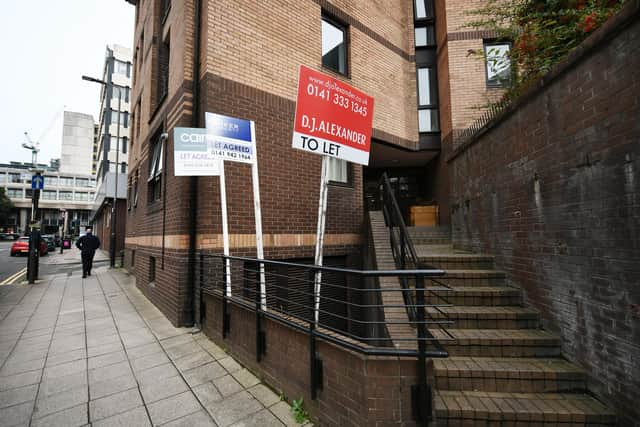Moving home in the age of uncertainty


The first lockdown saw estate and letting agents literally forced to close their doors, like almost every other business. But as spring turned to summer and the numbers of people with the Covid-19 infection dropped dramatically, operations gradually returned to something near to normal, albeit with the proviso that a substantial number of our staff continued to work from home. Since then, of course, things have sadly regressed, but unlike “non-essential” retail and hospitality venues our sector is permitted to continue to serve the public as best it can in the circumstances.
For now, one permissible exception to the lockdown rules is “For activities in connection with moving home (including viewing a property), or for activities in connection with the maintenance, purchase, sale, letting, or rental of residential property that the person owns or is otherwise responsible for”.
So what does this mean in practical terms?


Advertisement
Hide AdAdvertisement
Hide AdSignificantly, the answer is that the experience of professional operators in the property sector largely mirrors society’s attitude to living with the pandemic as a whole.
We’ve had potential clients who would otherwise be signing up to buy or sell, come to us and say: “Look, we’d love to make a move but don’t believe now is the right time”. And largely motivating them is concern – perhaps “fear” is too strong a word – about physically viewing others’ properties or inviting strangers into their own homes (even though this is legal under the current rules). Conversely, others have decided now is a good time to sell on the basis that there won’t be many other similar properties on the market, leading to achieving the price they’d hoped for. For their part, those still looking to buy believe this is a good time to secure a good “deal” as the usual competition (from other bidders) will be less.
As for those in the middle – the agents – they just have to keep calm and carry on trying to serve both interests to the best of their knowledge and ability.
For my own part, I’m moving to the view that it might have been better to include property agents in the latest lockdown and furlough all staff, especially since the scheme has been extended to the end of April, which is a significant date in the property “seasonal calendar” because from then buyers and sellers emerge as quickly as the snowdrops.
No sensible proprietor wants to see his or her business put in limbo but despite the steep rise in infections, the approval of vaccines (all three of them) and the real prospect of an accelerating roll-out, has changed everything. A full furlough would open the door to a swift and manageable return to many aspects of business normality from May onward, although it looks likely that substantial numbers of staff will continue to work from home – some exclusively, others for part of the week – for the foreseeable future. The result, of course, would, be no income from sales (the letting sector is somewhat different and more open to business continuation). However, given the ongoing uncertainties and the difficulty in planning even for the short-term future, putting agencies on full furlough might be the least-worst option, especially as it’s likely to be only for a relatively short period.
I freely admit to the benefit of hindsight in airing these suggestions. However given that lockdown rules have been changing on a monthly, weekly and even in some cases, daily, basis they do seem worthy of consideration.
David Alexander is managing director of DJ Alexander